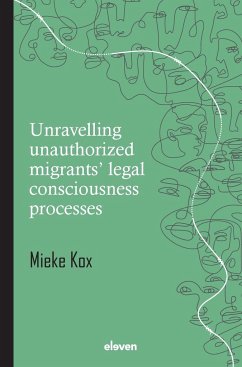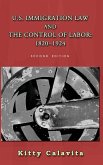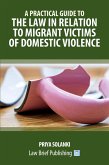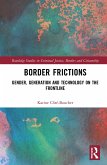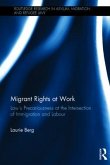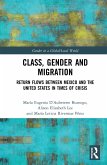Nation-states turn themselves to 'the law' to limit the presence of migrants without a legal status on their territory. Yet, they encounter several limitations that hinder them to make these migrants (forcedly) leave the country. Moreover, these migrants see themselves confronted with undesirable living conditions because of the law. This raises questions on the functioning of the law for unauthorized migrants. Unravelling unauthorized migrants' legal consciousness processes offers answers to the intriguing puzzle of how law matters to these migrants and how this is of concern for the law. Drawing on multi-sited ethnographic fieldwork among 105 (former) unauthorized migrants in the Netherlands, Surinam and Nigeria as well as participant observations in the Dutch immigration system, the study vividly portrays unauthorized migrants' legal consciousness processes over time. By doing so, it gives these people a voice in the migration debate and sheds new light on the powerful and powerless functioning of the law in this domain. By combining insights from anthropology, border criminology and socio-legal studies, the book exposes the legal, moral and instrumental limitations of the current use of the law towards unauthorized migrants.
Hinweis: Dieser Artikel kann nur an eine deutsche Lieferadresse ausgeliefert werden.
Hinweis: Dieser Artikel kann nur an eine deutsche Lieferadresse ausgeliefert werden.

